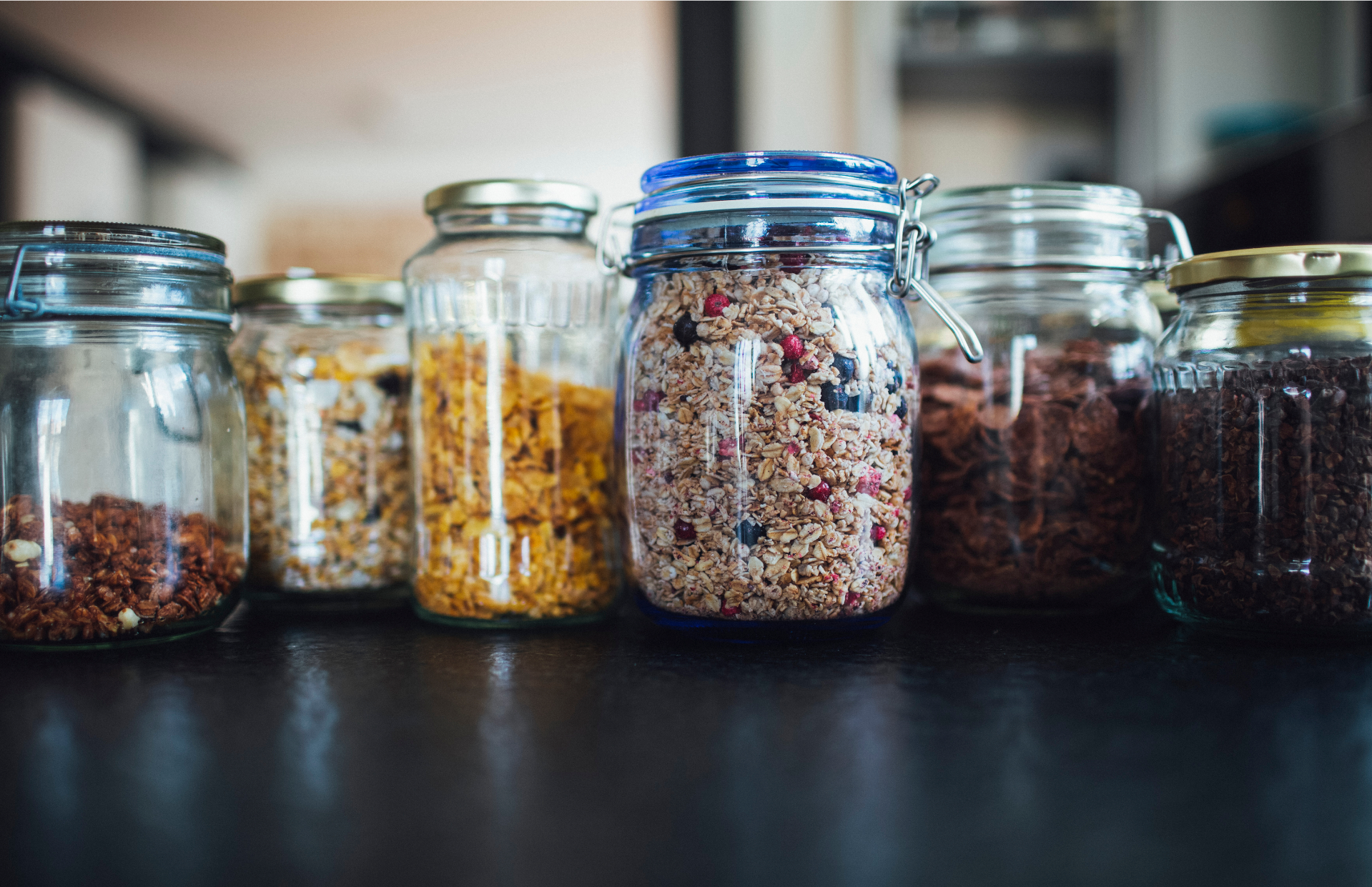
By Dr Sarah Montano and Dr Inci Toral
Birmingham Business School, University of Birmingham.
As Tesco launches a zero waste shopping in 10 stores in the East of England, once again we ask ourselves are consumers seeking sustainability and will such zero waste stores encourage customers to swap brands?
Zero-sum (waste) Game in Retail Consumption – Who wins, who loses?
As Plastic Free July comes to an end, we ask ourselves whether consumers are increasingly moving away from plastic packaging and will such zero waste stores encourage customers to swap brands?
What are zero-waste stores?
Zero-waste stores aim to reduce the need for single use packaging. There are two different types of zero waste stores. Tesco’s zero waste stores will operate by offering customers 88 products with reusable and durable packaging. Customers will buy zero-waste versions of popular products, pre-filled in special reusable containers. Customers are charged an extra 20p for each reusable product that is later refunded via an app when the packaging is returned. In addition to these, Tesco recently introduced a recycling facility for “soft” plastics, such as crisp packs in their Tesco Extra stores and the pilot study showed that consumers are recycling 80% more than before. Tesco is aiming at using these plastics in Tesco branded packaging. Waitrose have also operated zero-waste trial stores since 2019 whereby customers take their own empty containers to the store and in the “refill area” fill the containers with grocery products such as coffee, cereal and pasta, thus eliminating single use packaging. M&S operate a similar “fill your own” concept and offer over 50 cupboard essentials offered to customers in several stores.
Zero waste retail is not just a big brand’s offering, there are many independent retailers that also offer zero waste products with filling stations and more, such as The Clean Kilo in Birmingham. Zero waste stores are not a new trend. Some of us will recall the refillable health food shops of the 1980’s and 1990’s. These stores were popular specifically among students, as they were much cheaper than supermarkets. In fact, the original concept of grocery retail is little waste with individual customers served from large blocks of butter/ flour sacks etc. One might even argue that as consumers, we should shop more at independent retailers rather than corporate entities not because of nostalgia but for the growing significance of sustainability.
Consumer Trends in relation to zero waste consumption
Over the last few decades, we have observed that consumers have increasingly adopted sustainable retail practices. For instance, Millennials are dedicated omnichannel shoppers (moving freely among multiple channels in a single transaction) while consciously making healthy choices. Omnichannel shopping trends extended to all age groups with the covid-19 lock-down measures across the world. Omnichannel shopping is not the only change in recent trends and other notable trends on the rise are veganism (e.g. Veganuary month, Gregg’s sold-out vegan sausages) and how the TV series, the Blue Planet, really spurred on consumers to engage in a more sustainable way of living.
No doubt that veganism is a key trend that has increased substantially, over the last few years with a new study showing that more than 20% of children are vegan or would like to be. Whilst the number of people who wholly follow a vegetarian or vegan diet 100% of the time is about 2 to 3% of the population, a key trend is in the “flexitarian” approach or those who have increased the consumption of vegan/ vegetarian products. While consumers were changing so did the retailers. They have responded to these key trends by increasing the range of vegan products on offer e.g. Tesco offer 100’s of plant based products. Furthermore, while The Blue Planet played a key role in pointing out the negative impacts of plastic on the environment, environmentalist activists underpinned various sustainability issues through the use of different means other than street protests, i.e. social media. These led to subsequent government initiatives such as the ban on plastic straws, stirrers and cotton buds, increasing fees on single use carrier bags, etc.
What can we learn from these enduring trends?
Given the ease that Millenials flit between online and offline shopping, those retailers who do not offer sustainable solutions will lose customers. More importantly, we are at a “no-return point” for our planet, and sadly this loss will not be limited to disappearing retailers. Yet, grocery shopping is much more complex than just one issue. Grocery shopping is often driven by proximity, brand preference and importantly price. A recent Which? Survey confirmed that price is a key factor in supermarket choice, with Aldi being chosen as the best supermarket. This gives us, the consumers, an increasingly difficult role: we need to make the right choices while shopping to shape the retail offers and help to save our planet.
Registration for ESRC Festival of Social Sciences now open!
As part of the College’s involvement in the ESRC Festival of Social Science, Dr Sarah Montano and Dr Inci Toral will be hosting an event titled: In a world of “fast-fashion” is sustainable retail possible or desirable?
This insightful online event in to the world of fast-fashion will include a panel of international experts. Register to attend.
- More about Dr Sarah Montano at the University of Birmingham
- More about Dr Inci Toral at the University of Birmingham
- Back to Business School Blog
The views and opinions expressed in this article are those of the author and do not necessarily reflect the official policy or position of the University of Birmingham.
